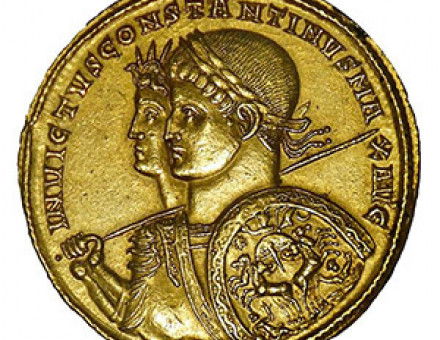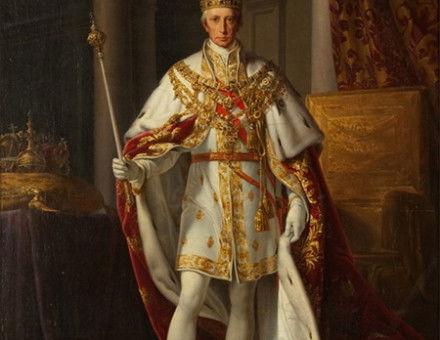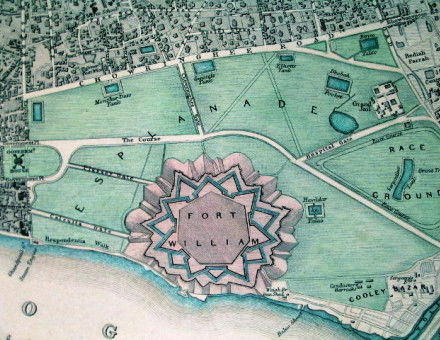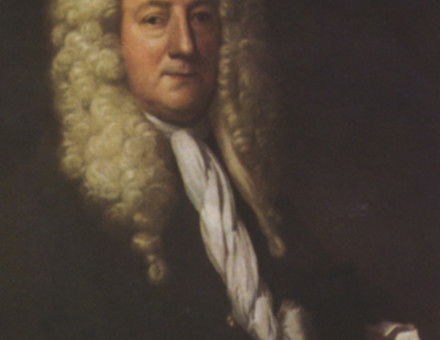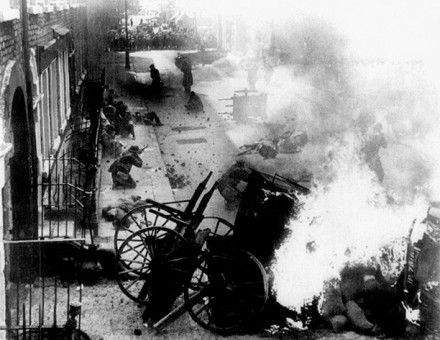Contrasting Empires
J.H. Elliott looks at the differences – cultural, religious, ethnic and economic – between the Spanish and British approaches to their empires in the Americas, and asks how they turned out, both for the mother countries and for the colonies and states that eventually emerged from them.



